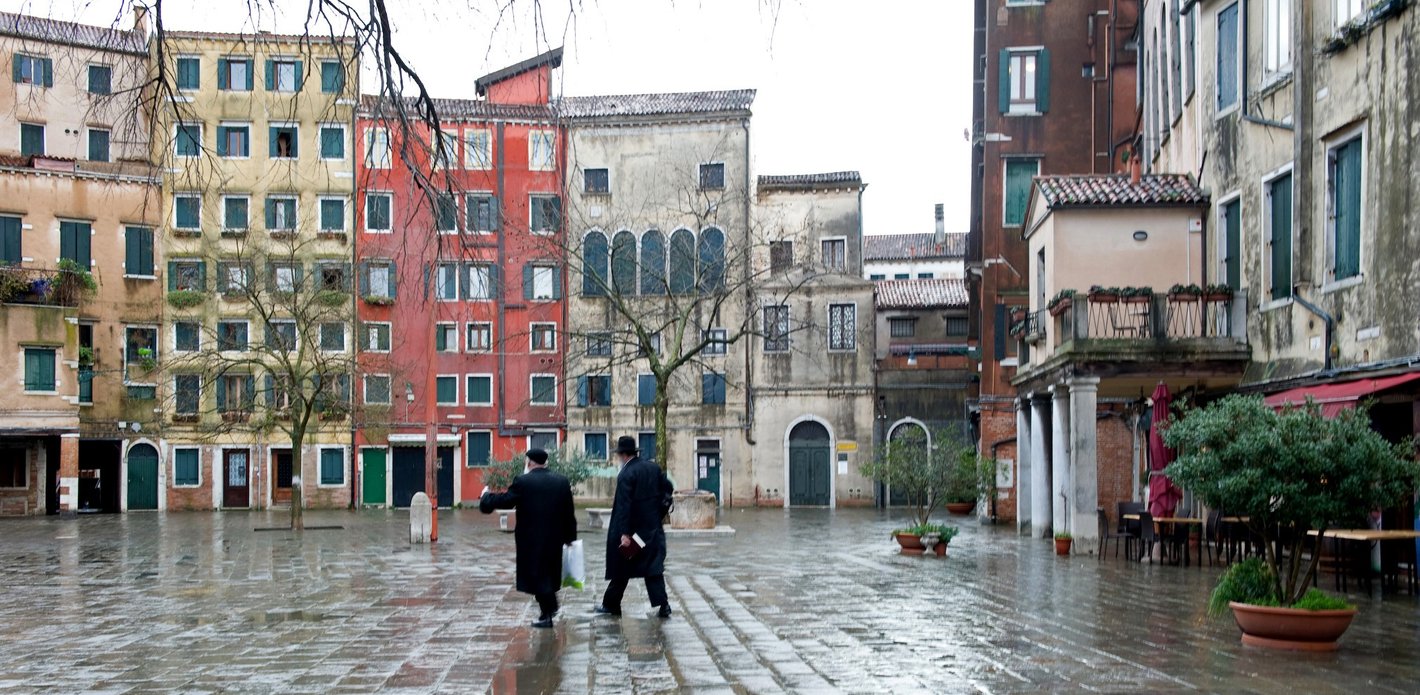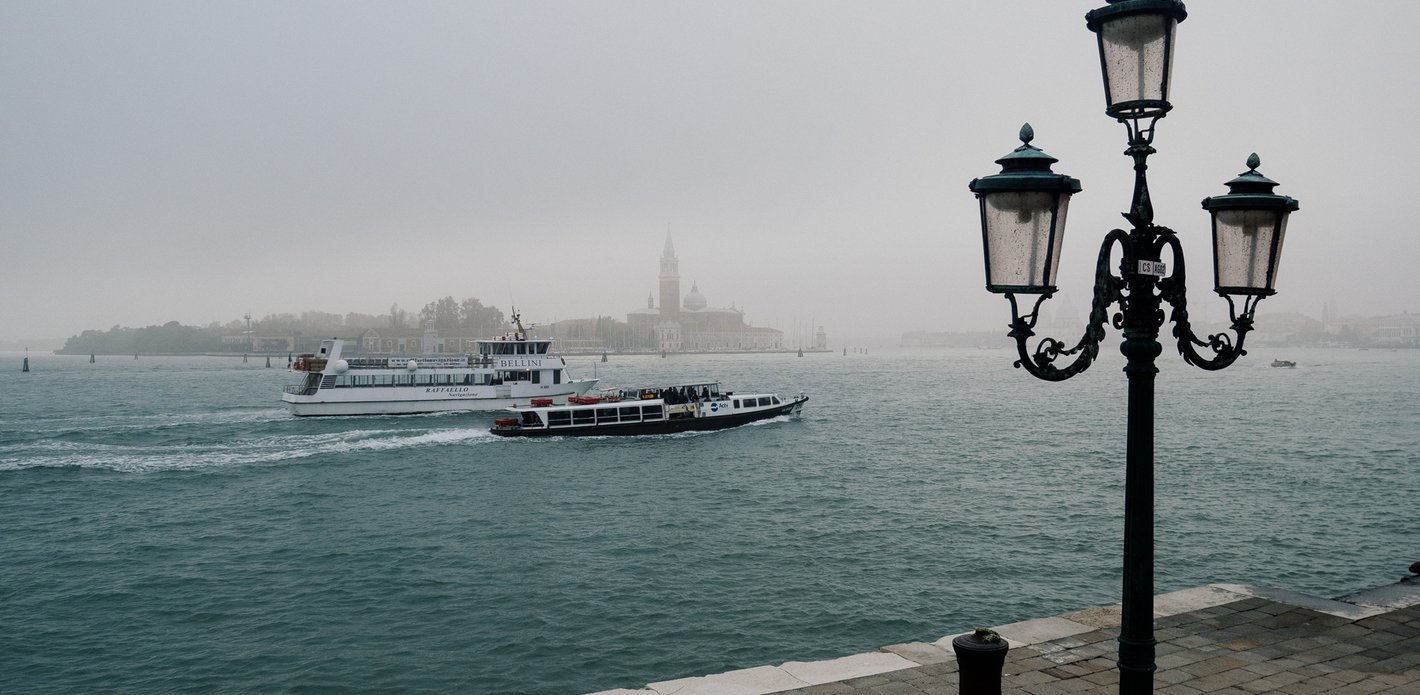Venice
From Vivaldi to the Ghetto Songs of the Floating City
»When I look for another word for music, the word I find is always Venice.« Friedrich Nietzsche knew what he was talking about. The lagoon city doesn't just look back on an exceptionally rich (cultural) history, it literally breathes music: with every stroke of the bells of San Marco, with every singing gondolier on the Canal Grande, with every splendid palazzo where music drifts out of an open window. The Elbphilharmonie's »Venice« festival transports the Italian city to the Elbe over Easter. After all, the Elbphilharmonie, too, is built on piles driven into the water, and is also surrounded by canals.
As a maritime and trading power, the thousand-year-old Serenìsima Repùblica de Venessia, as it was known in Venetian dialect, has always held a magical attraction for people from all over the world. Venice was site of the first private opera houses; prominent choirmasters used the acoustics of St Mark's for spectacular musical effects, and it was here that Vivaldi gave highly virtuoso concerts with his orchestra of orphan girls. Later, artists like Liszt, Wagner, Stravinsky and Thomas Mann came here to live or to die. And Venice also produced one of the most important composers of the 20th century in the person of Luigi Nono.
But Venice was also the gateway to the Orient. Thanks to the trade done with the entire Mediterranean world, traces of Byzantine, Ottoman, Jewish and Moslem culture can be found in the city to this day. The very first Jewish ghetto was set up here some 500 years ago, behind whose walls and gates an individual musical language grew up.
In keeping with this history of great diversity, the »Venice« festival has a broad musical range that takes up all these different currents and presents them in carefully thought-out concert programmes. A number of prominent ensembles specialising in early music will be travelling to Hamburg for the occasion, and in addition there will be three concerts where spatial acoustics play a role, allowing the audience to enjoy the sound of Venice at first hand, including the lapping of the water on the canals. The most intense experience is promised by Olga Neuwirth's »Le Encantadas«, for which the composer recorded sound effects in the churches, alleys and canals of the city.
Saved
Login required. If you do not have an Elbphilharmonie customer account, registering is quick and easy.



